Highlights:
- Prime Minister KP Sharma Oli resigns amid violent anti-corruption protests
- At least 19 killed and more than 100 injured as police clash with demonstrators
- Social media ban lifted after protests turned deadly across Nepal
- UN and Amnesty call for probe, two cabinet ministers also resign
NEPAL prime minister KP Sharma Oli resigned on Tuesday, his aide said, as anti-corruption demonstrators defied an indefinite curfew and clashed with police, a day after 19 people died in violent protests triggered by a social media ban.
“The PM has quit,” Oli’s aide Prakash Silwal told Reuters, a move that plunges the country into fresh political uncertainty.
Oli’s government lifted the social media ban after protests turned violent, killing 19 and injuring more than 100 after police fired tear gas and rubber bullets at demonstrators trying to storm parliament on Monday.
The unrest is the worst in decades in the Himalayan country that is wedged between India and China and has struggled with political instability and economic uncertainty since protests led to the abolition of its monarchy in 2008.
Deadly crackdown
The protests began in Kathmandu, with mostly young people demanding the government lift restrictions and address corruption. Demonstrators clashed with police near parliament on Monday, where officers used tear gas, batons, rubber bullets and water cannons.
Seventeen people were killed in the capital and two more in Sunsari district, according to police and local media. Kathmandu police spokesman Shekhar Khanal said about 400 people were injured, including more than 100 officers.
Amnesty International said live ammunition had been used. The United Nations called for a swift and transparent investigation.
One eyewitness described the situation inside a hospital where dozens of the injured were treated. “Tear gas entered the hospital area as well, making it difficult for doctors to work,” said Ranjana Nepal, information officer at the Civil Hospital.
A 23-year-old student, Yujan Rajbhandari, said: “Nearly 20 people were murdered by the state — that shows the scale of police brutality. The government have to take responsibility for the lives that were lost.”
Curfew and continued unrest
Authorities imposed an indefinite curfew in Kathmandu and other districts on Tuesday. Despite this, groups of protesters defied restrictions, setting fire to tyres, throwing stones at security forces and targeting government buildings and the homes of some politicians. Local media reported that some ministers were evacuated by military helicopters.
The country’s aviation authority said Kathmandu’s international airport was partially closed on Tuesday due to the unrest.
Protesters also held condolence meetings in memory of those killed. “We are still standing here for our future ... We want this country corruption-free so that everyone can easily access education, hospitals, medical facilities ... and for a bright future,” protester Robin Sreshtha told Reuters TV.
Government response
Oli, 73, expressed sorrow over the deaths in a letter following an emergency cabinet meeting. “The government was not in favour of stopping the use of social media and will ensure an environment for its use,” he wrote, while ordering an investigation into the violence before announcing his resignation.
The government announced relief payments for families of those killed, free treatment for the injured, and formed a panel to submit a report within 15 days on the causes of the protests and measures to prevent such incidents.
Two cabinet ministers also resigned on moral grounds.
Anger over corruption
Organisers described the demonstrations as being led by Gen Z, frustrated with corruption and lack of opportunities. Protesters said they were angered by videos on TikTok — which was not blocked — showing the children of politicians flaunting luxury goods and foreign vacations while ordinary Nepalis struggle.
“The protest was intended, first and foremost, against the rampant corruption in government,” one demonstrator wrote in an email to Reuters, signing off as “A concerned Nepali citizen.”
Local newspaper Kathmandu Post wrote: “This isn’t just about social media — it’s about trust, corruption, and a generation that refuses to stay silent. For them, digital freedom is personal freedom. Cutting off access feels like silencing an entire generation.”
International reactions
India, Nepal’s neighbour, said it was “closely monitoring” developments. “As a close friend and neighbour, we hope that all concerned will exercise restraint and address any issues through peaceful means and dialogue,” India’s foreign ministry said.
Embassies of Australia, Finland, France, Japan, South Korea, UK, Norway, Germany and the US in Nepal also issued a joint statement expressing sadness over the deaths and urging restraint, protection of rights and avoidance of further escalation.
(With inputs from agencies)
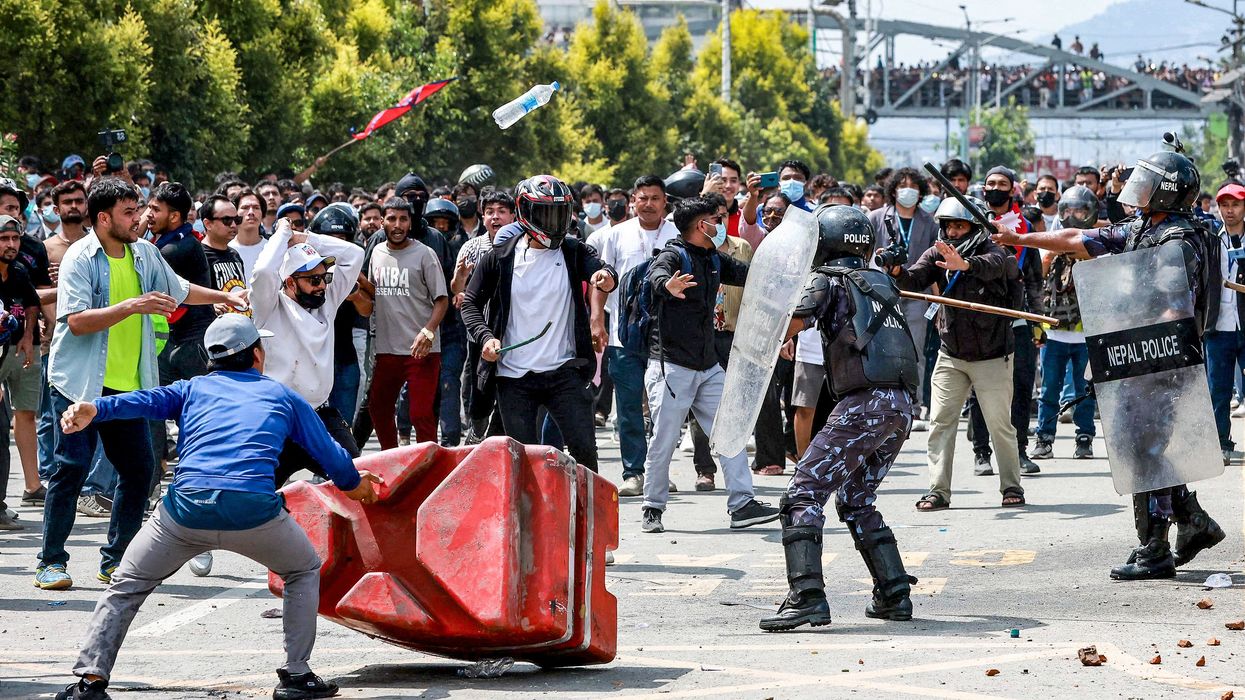

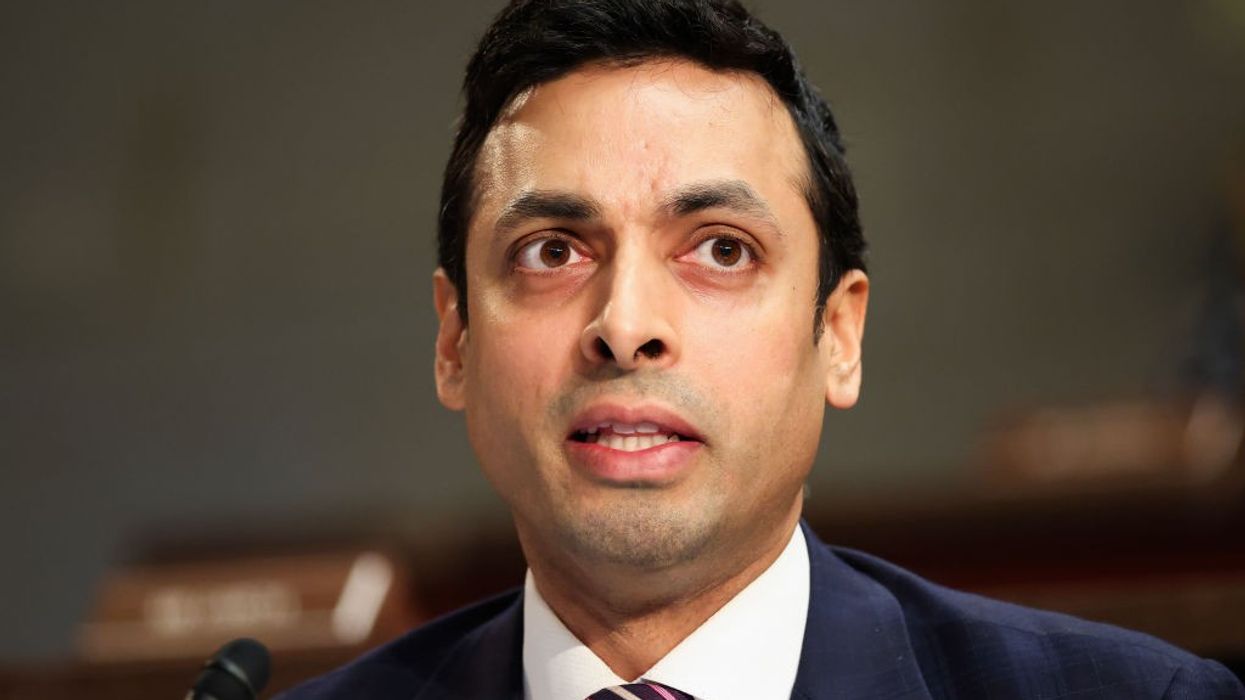
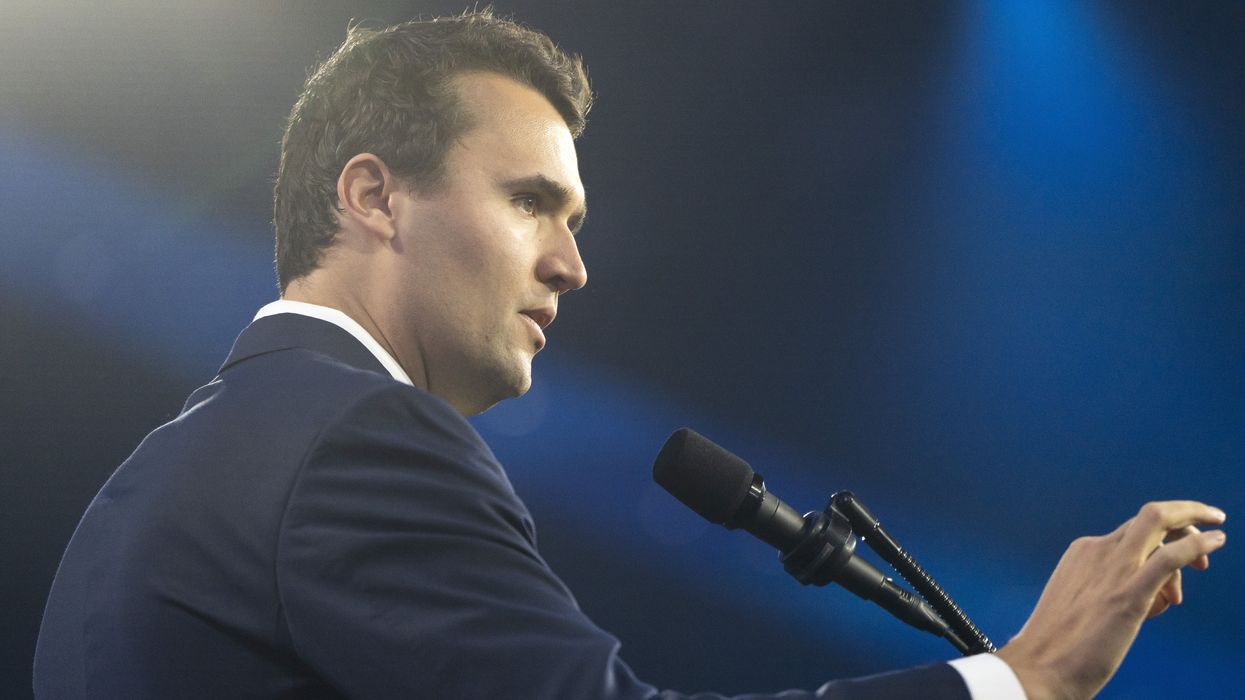
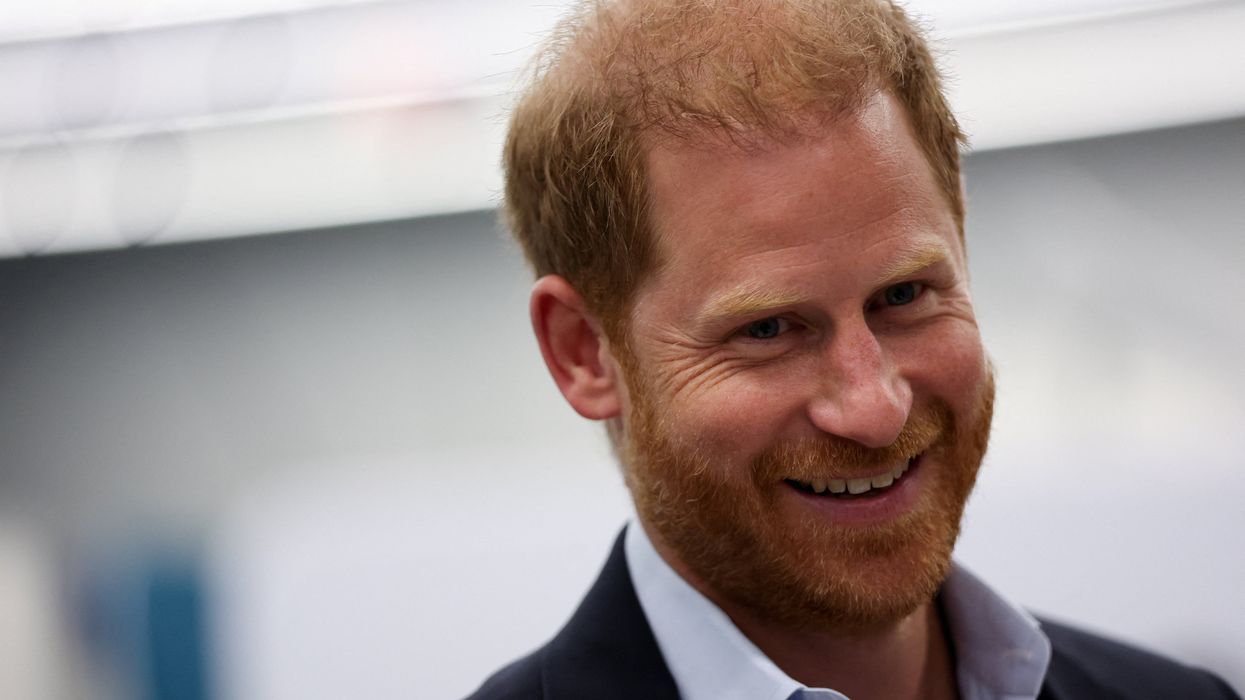
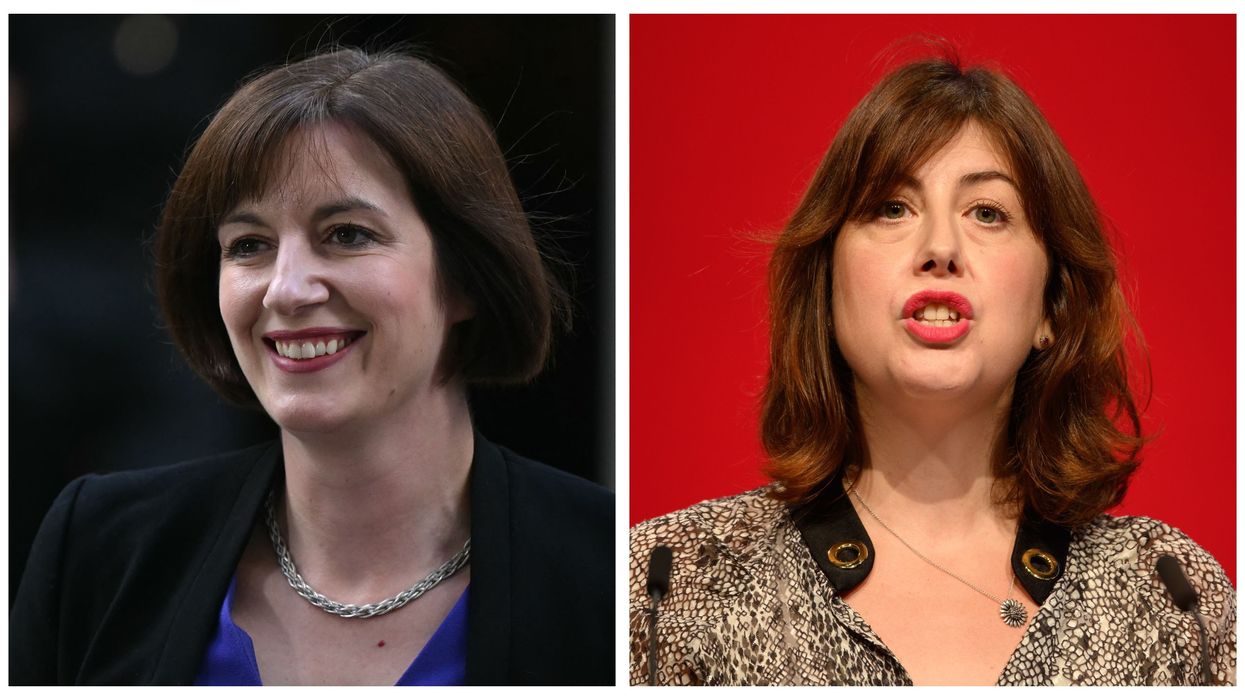
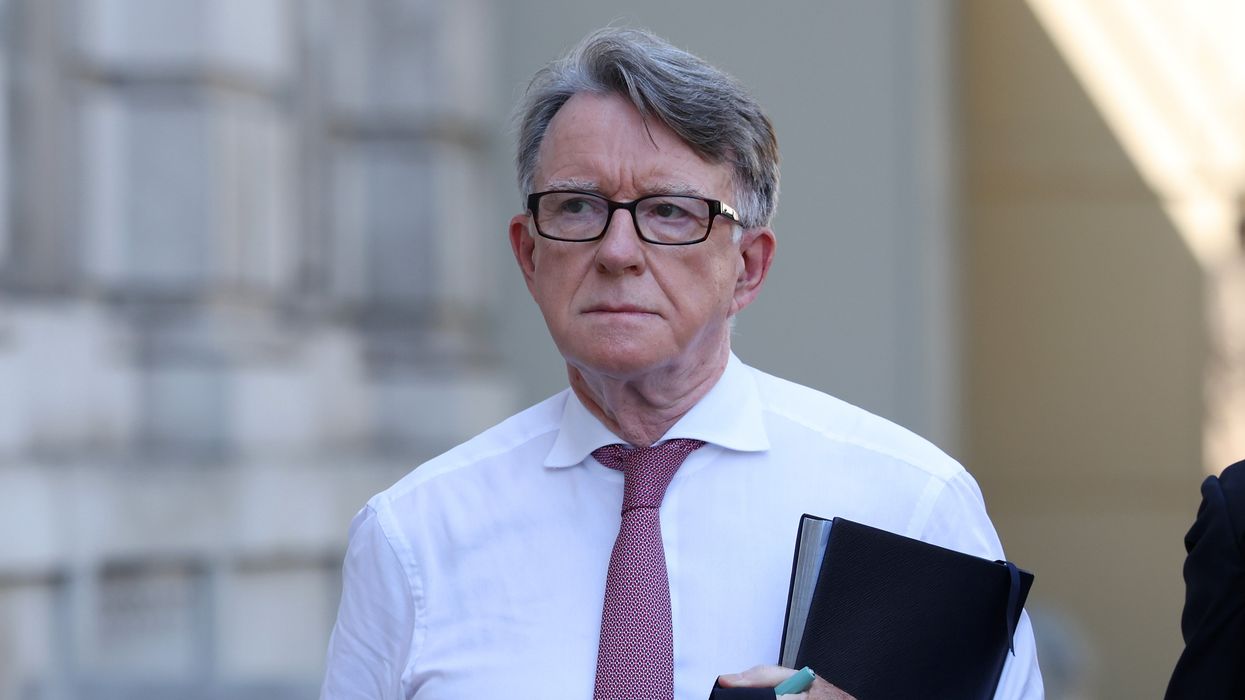

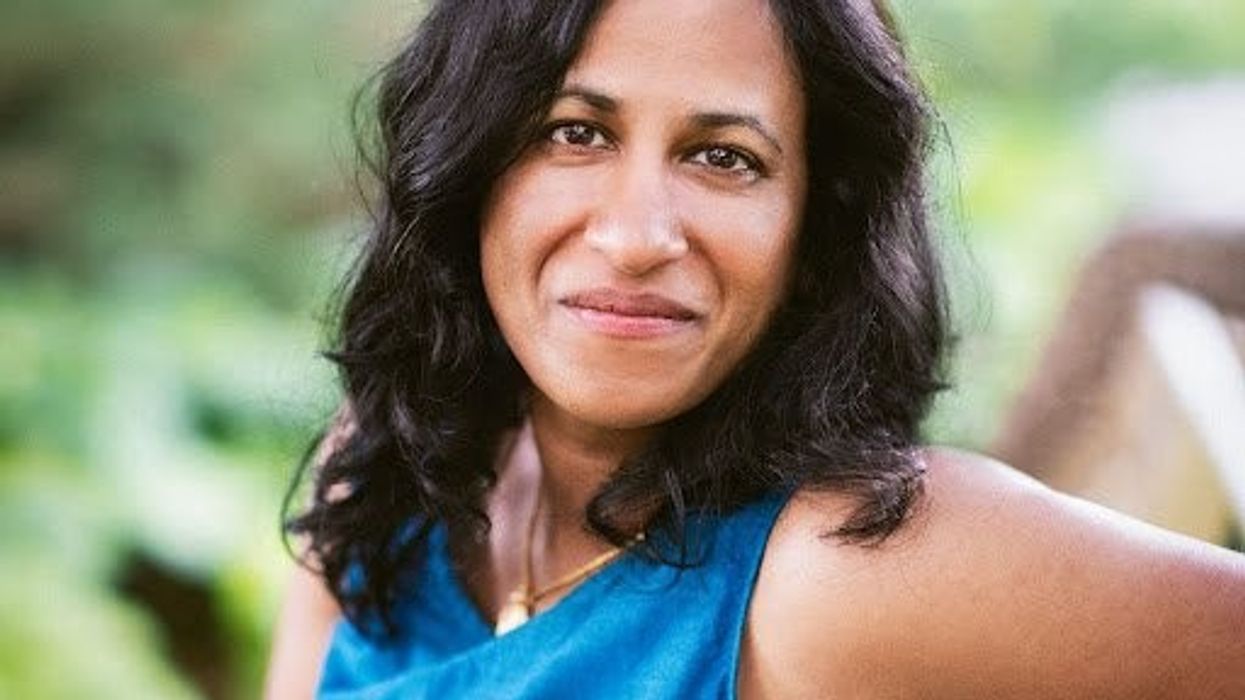
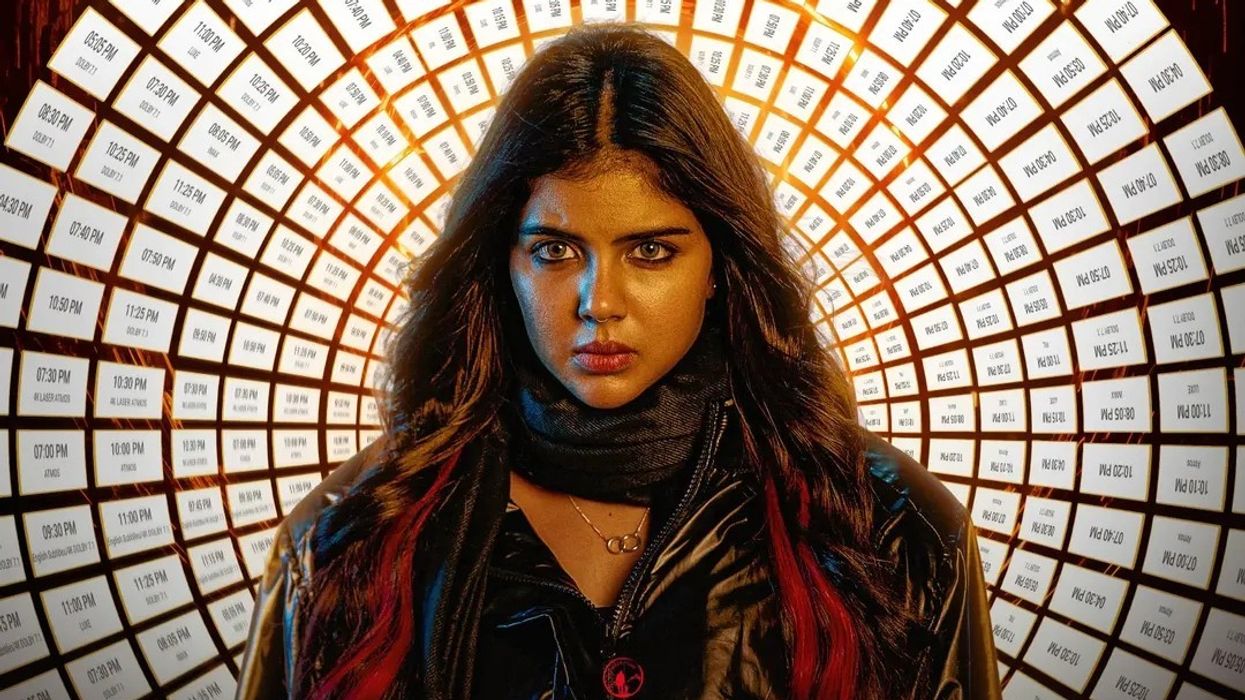
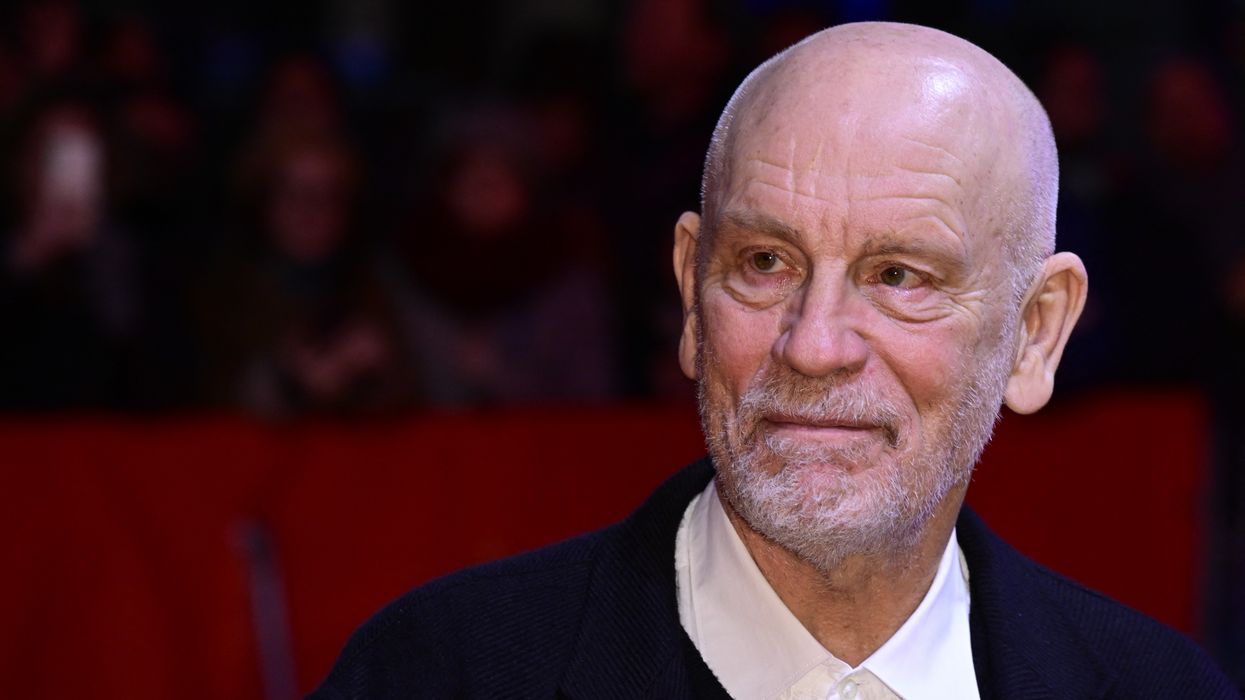
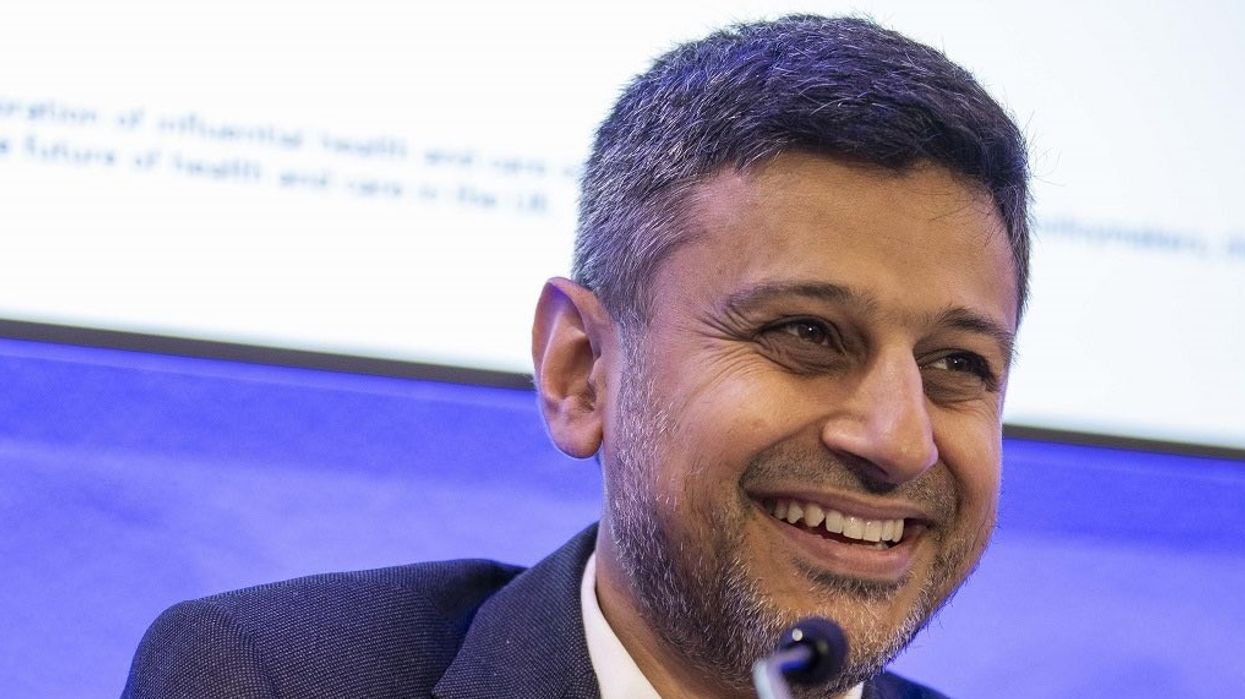
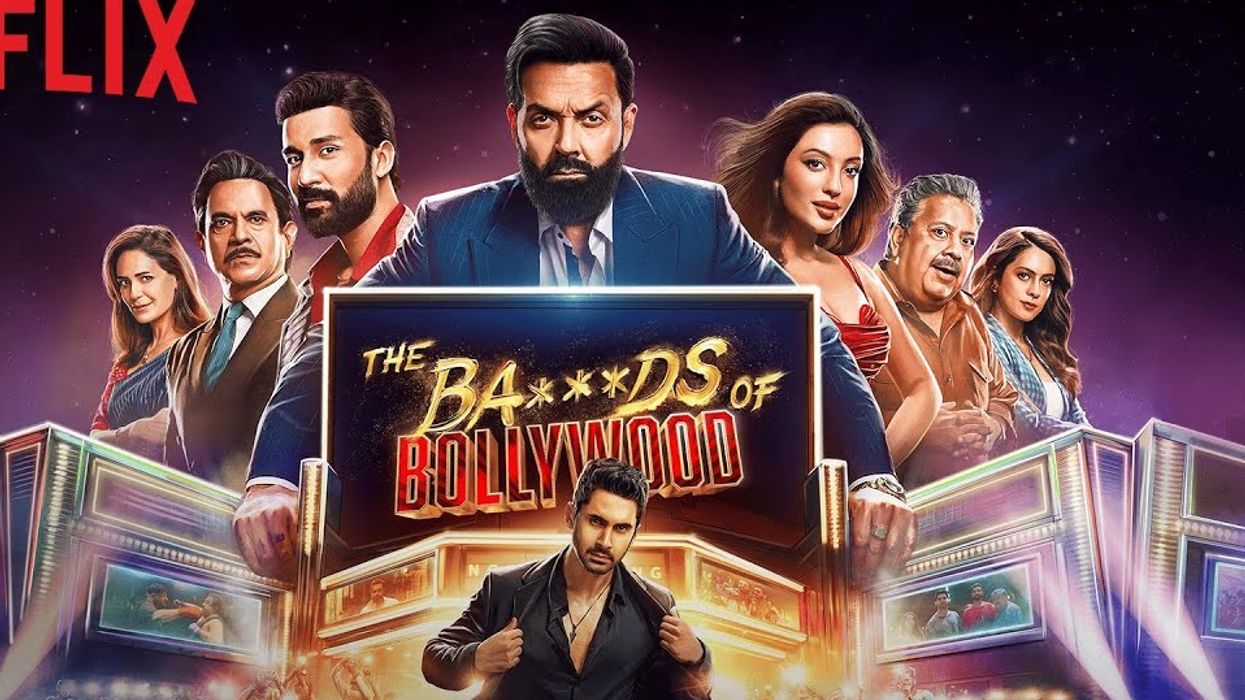
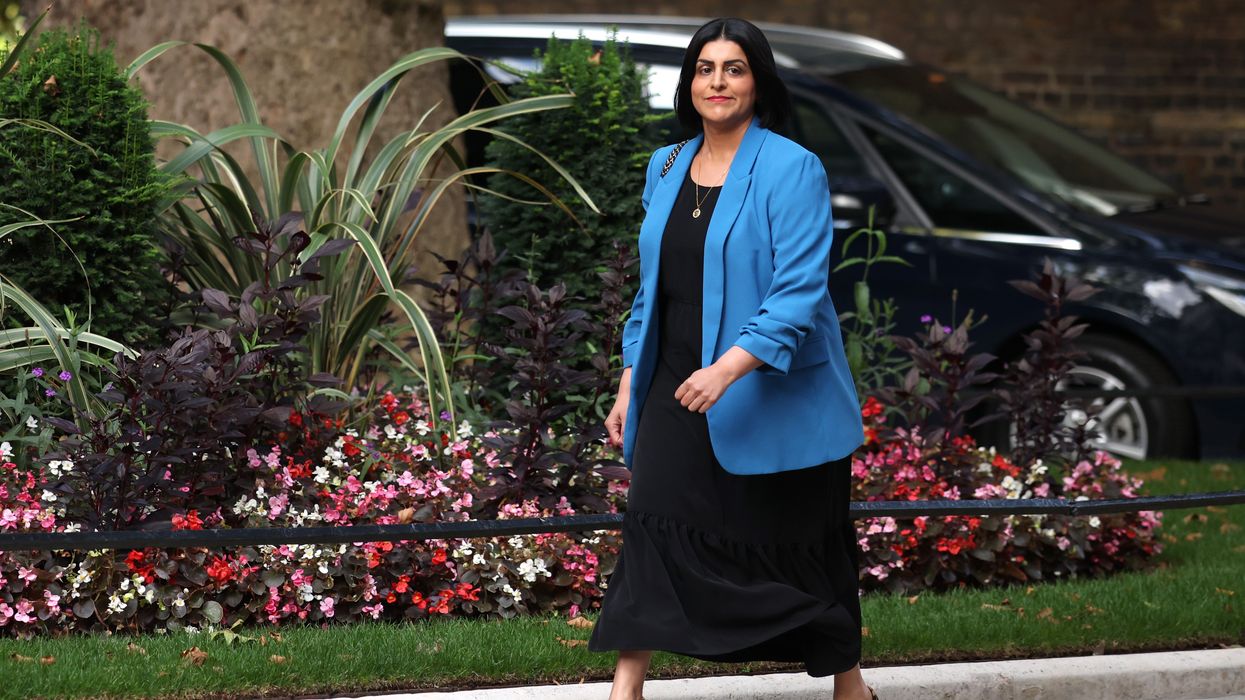
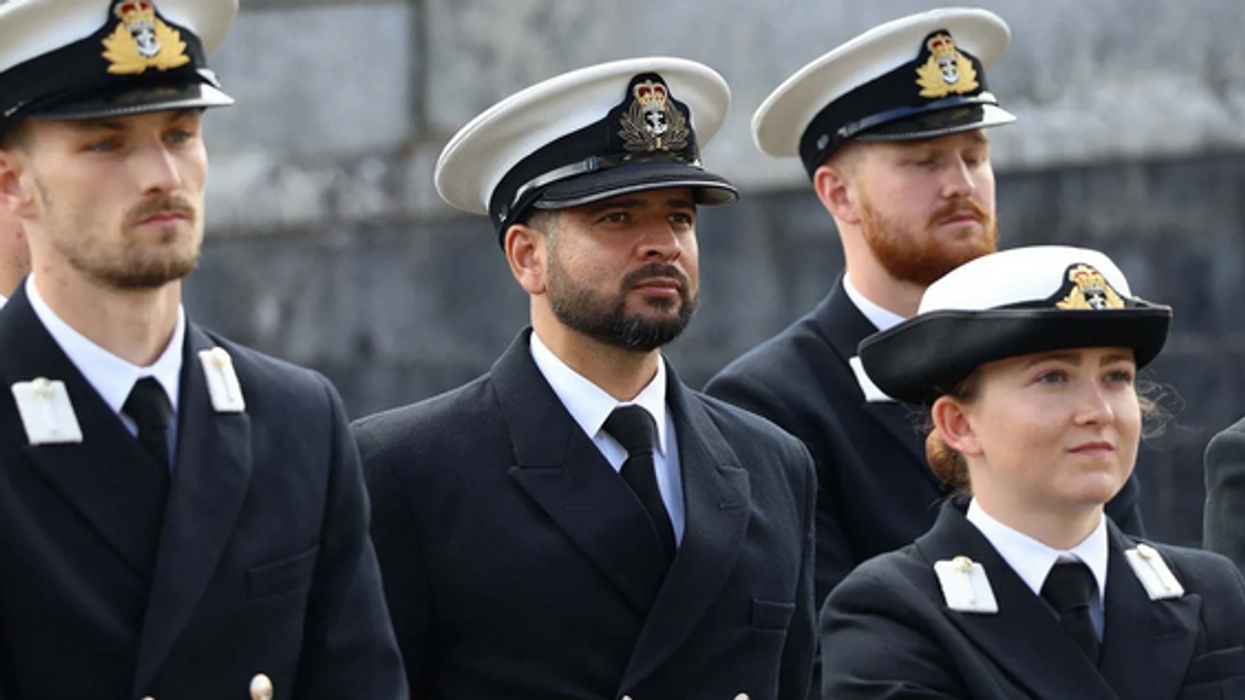
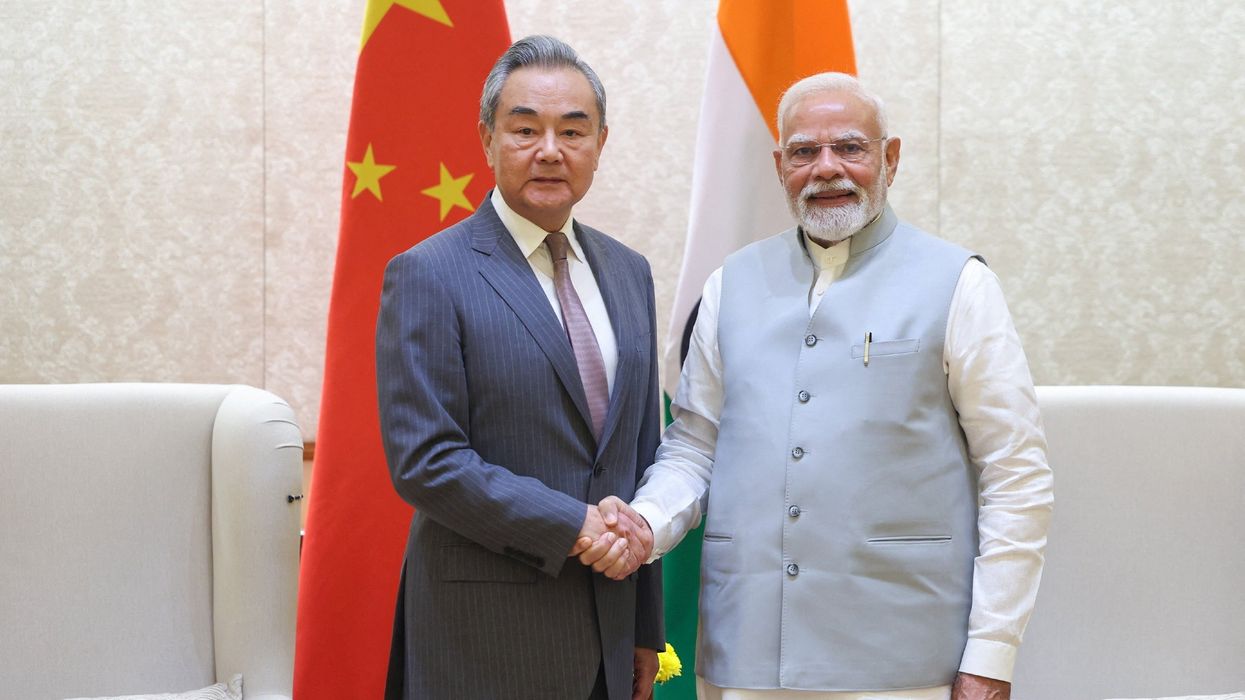
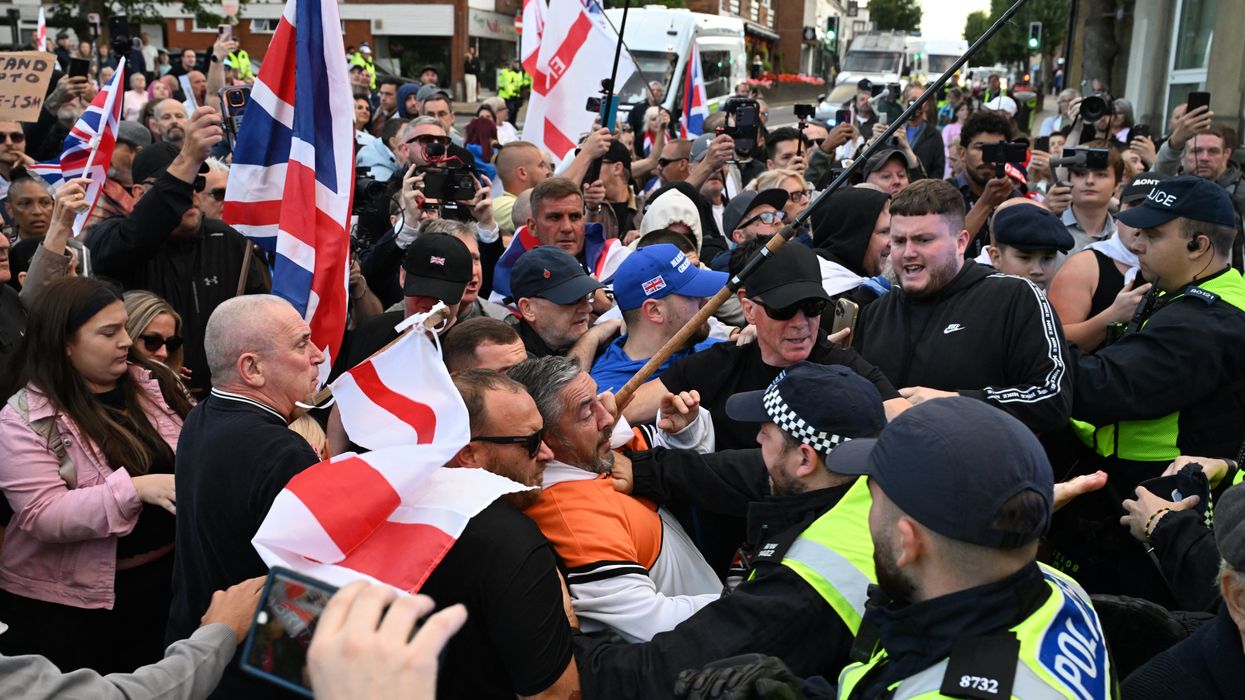
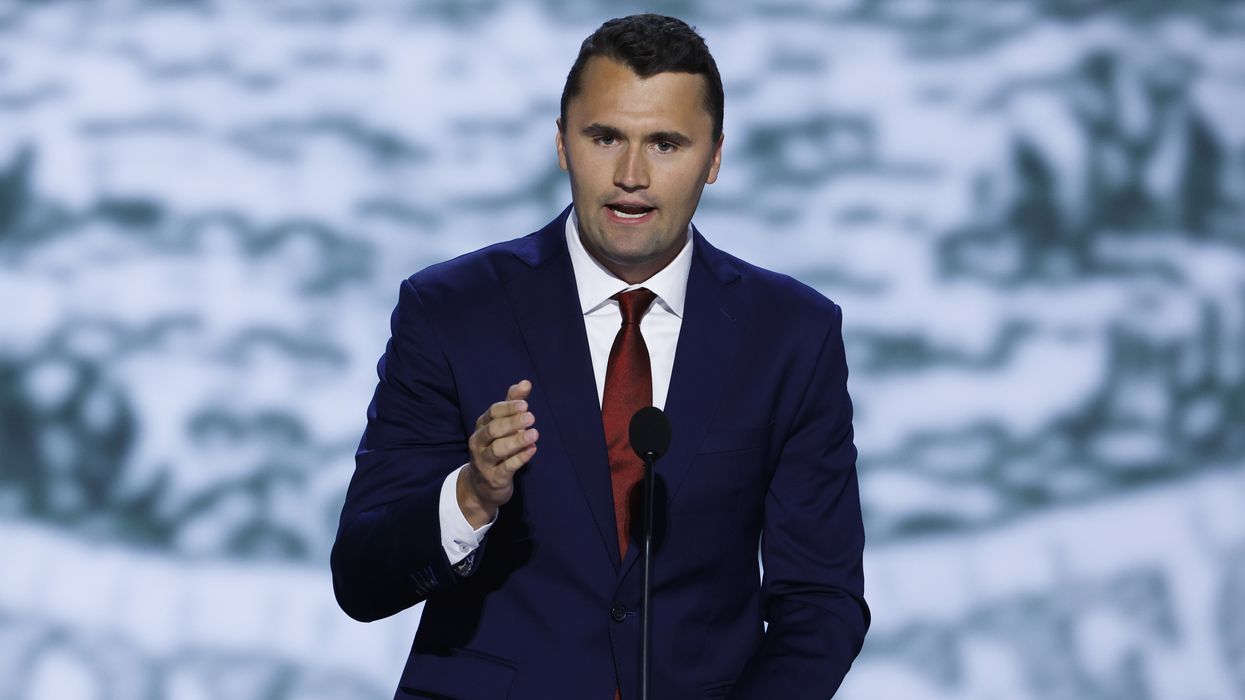
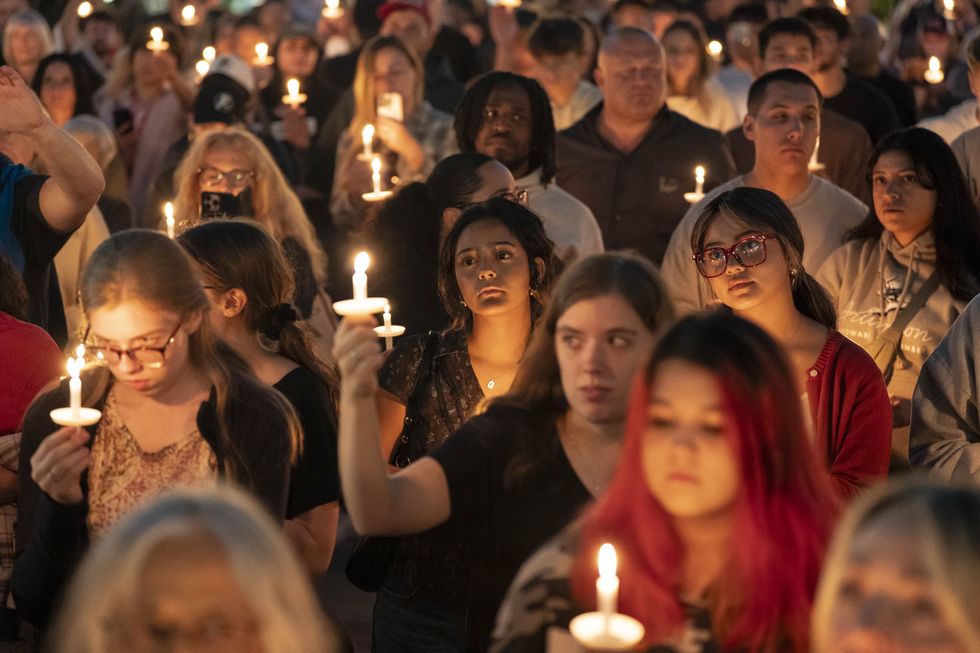 Attendees hold candles during a candlelight vigil and prayer event for Turning Point USA Founder Charlie Kirk on September 10, 2025 in Seattle, Washington. (Photo: Getty Images)
Attendees hold candles during a candlelight vigil and prayer event for Turning Point USA Founder Charlie Kirk on September 10, 2025 in Seattle, Washington. (Photo: Getty Images)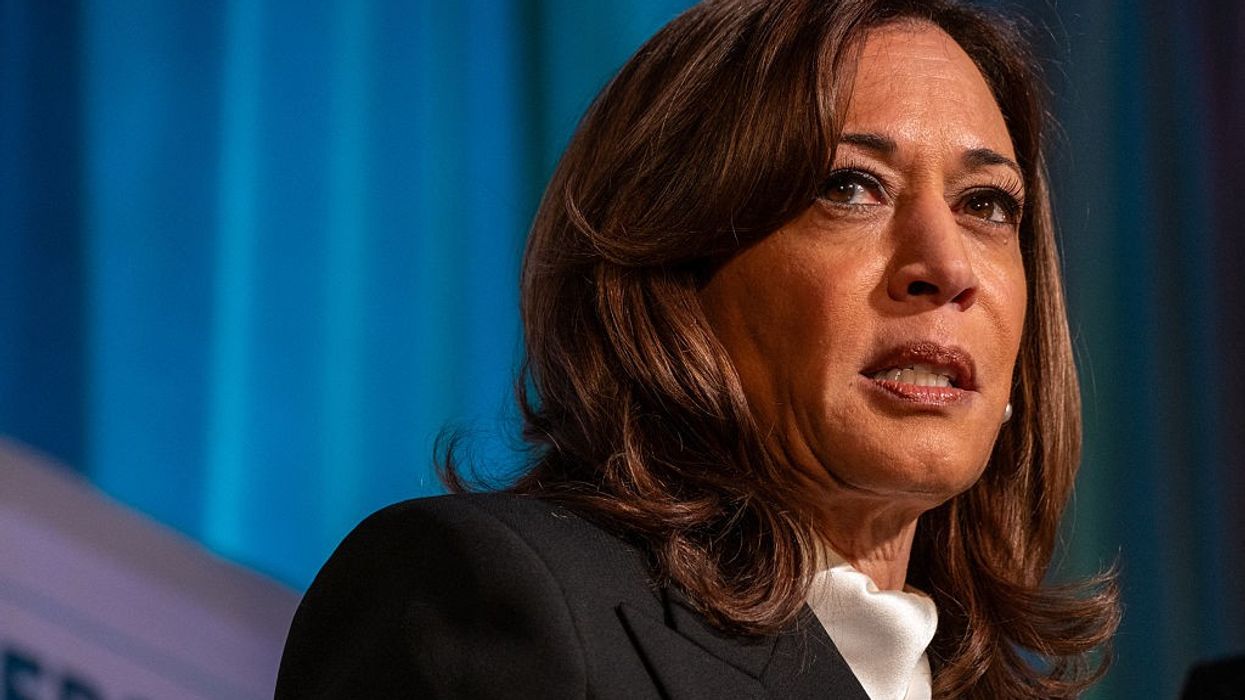
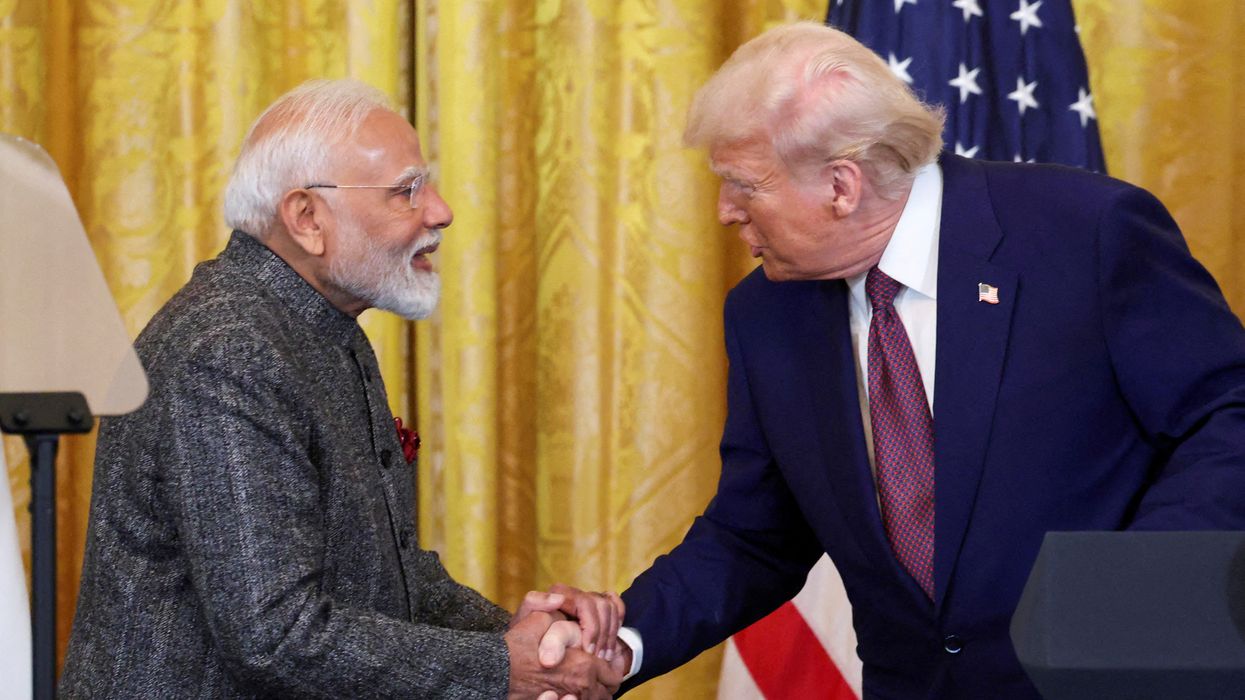
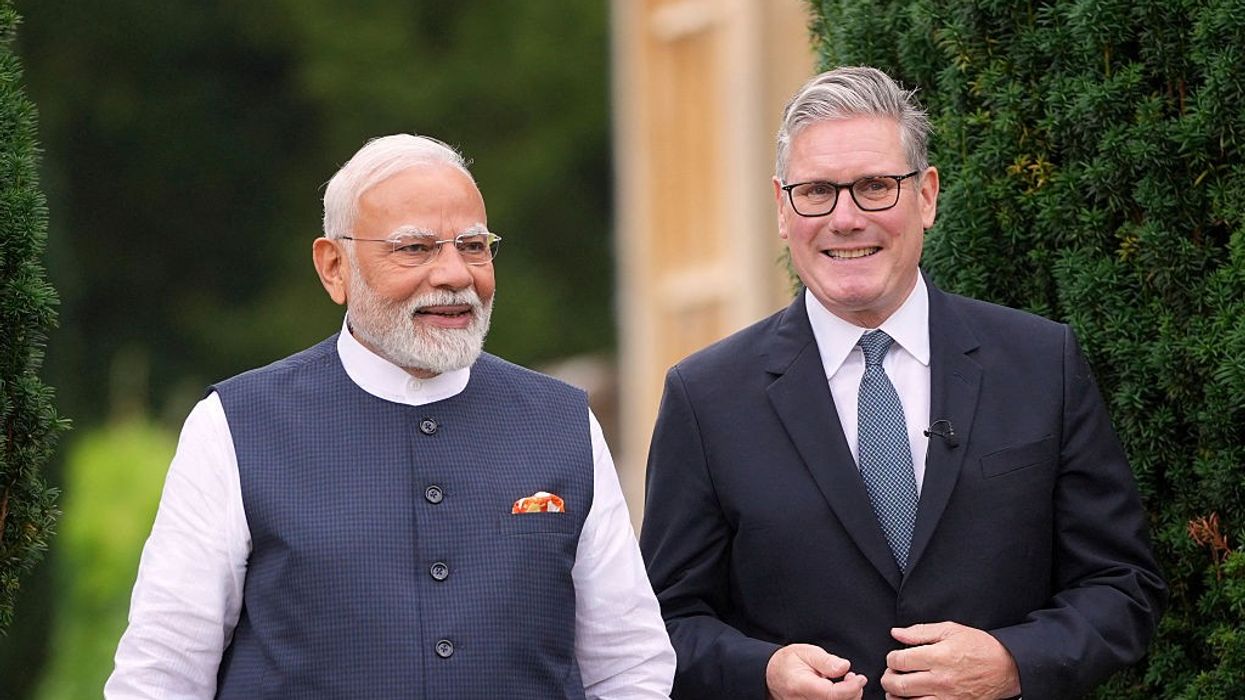
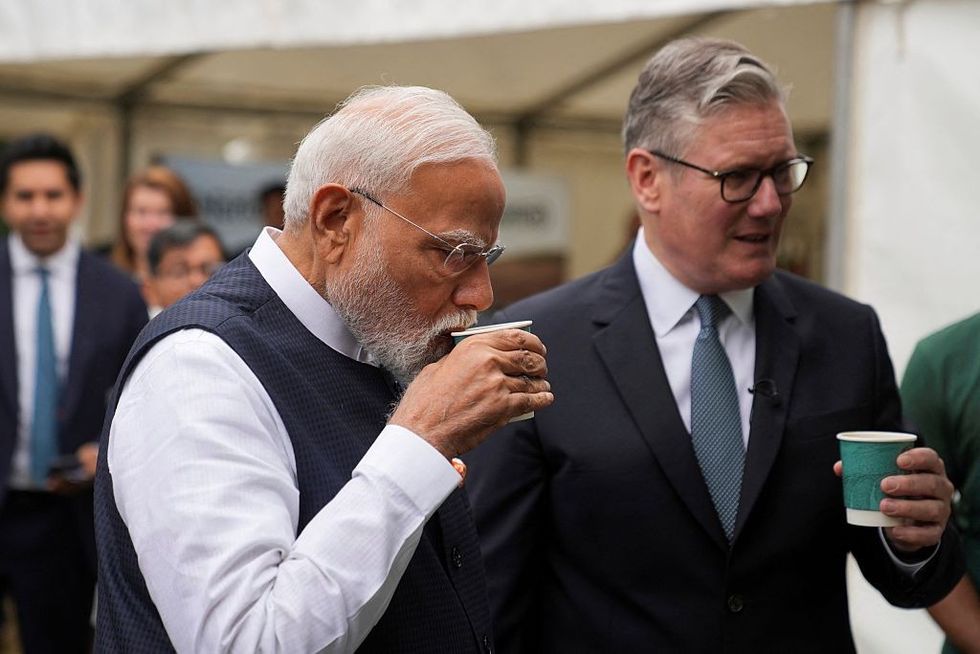 Keir Starmer (R) and Narendra Modi have a cup of tea during a business showcase event at Chequers, in Aylesbury, England, on July 24, 2025. (Photo by KIN CHEUNG/POOL/AFP via Getty Images)
Keir Starmer (R) and Narendra Modi have a cup of tea during a business showcase event at Chequers, in Aylesbury, England, on July 24, 2025. (Photo by KIN CHEUNG/POOL/AFP via Getty Images)